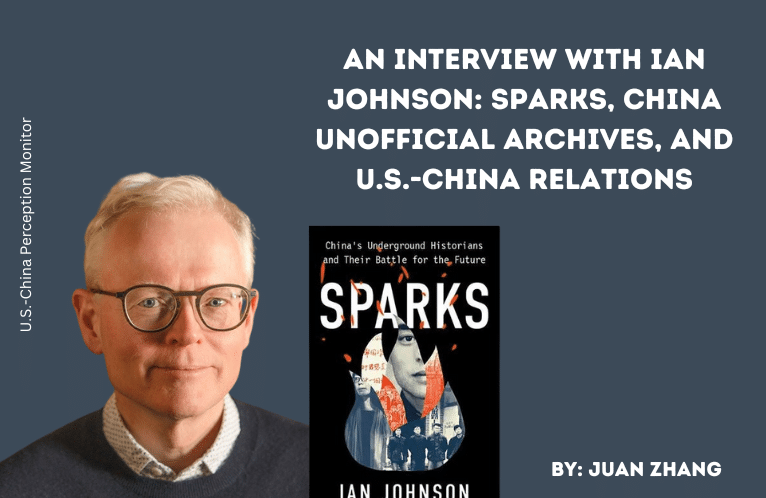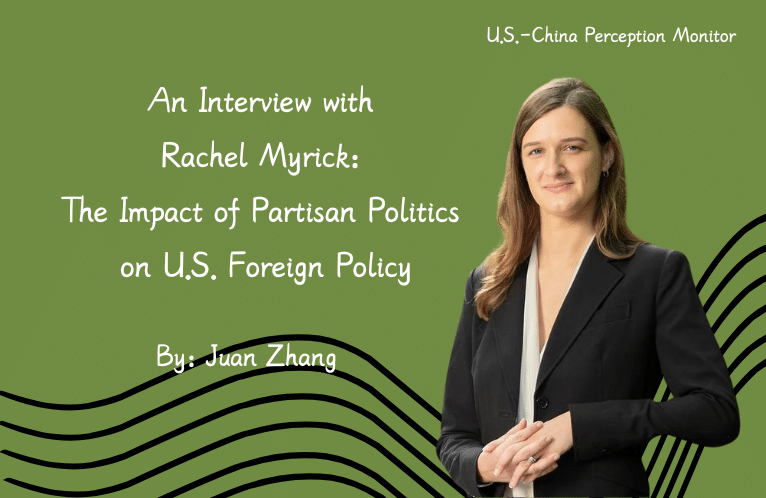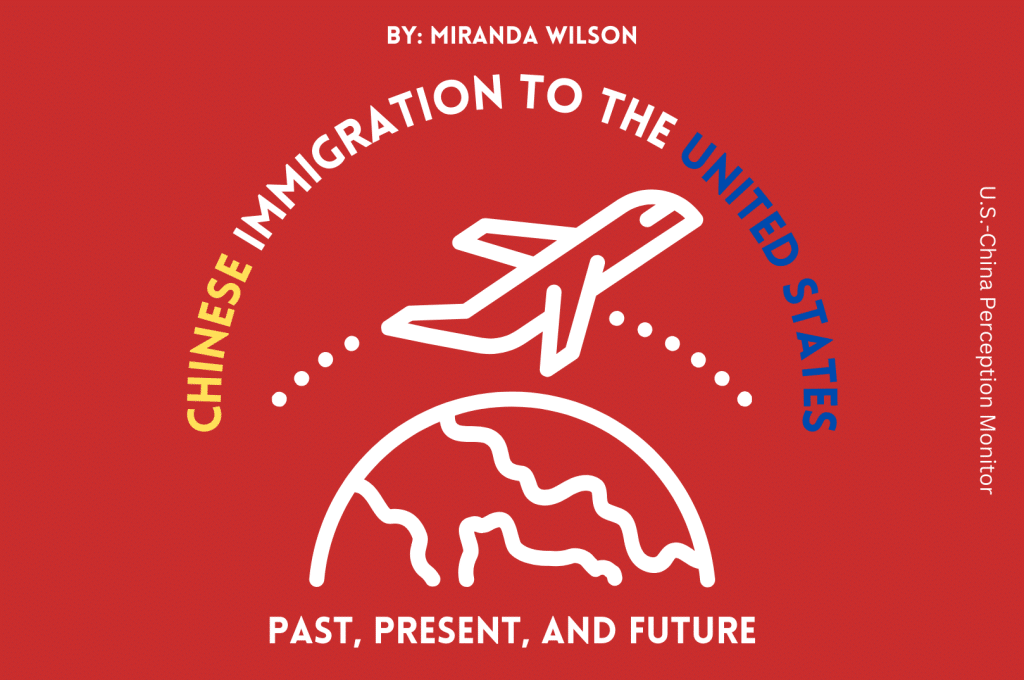When Will China Use Force to Reunite with Taiwan? Hu Xijin Explains His Position
Chinese and US Engagement with Developing Countries News Roundup: Jun.10 – Jun.21, 2019
How is China’s aid associated with African leaders’ home regions? Why is the trade talk between China and Kenya stuck? Why does WHO decline to declare Ebola a global emergency in Congo? Where does China stand on the Libya Conflict? Why has Chile decided to continue to use Huawei? Check out those stories and more in the second June edition of the news roundup!

Every two weeks, The Carter Center’s China Program releases an overview of major events involving Chinese and US global engagement, with a particular focus on emerging issues in Africa and Latin America. In addition to using news sources, the news roundup will analyze papers and reports from academic journals, governmental bodies, and NGOs, and will also summarize debates and other events organized by think tanks on select issues. The news roundup is intended to be a platform and resource for both China watchers and for readers interested in political and economic development in developing countries. It aims to deepen the understanding of China’s foreign policy, and emerging issues and trends in developing countries, as well as to enhance the prospect of multinational cooperation among China, the U.S., Africa and Latin America.
Africa
China’s aid to African leaders’ home regions nearly tripled after they assumed power
(Abdi Latif Dahir, Quartz Africa, 10 June 2019)


This study examined 1650 development projects (totaling US$ 83.3 billion) done by Beijing between 2000 and 2012 that targeted 117 African leaders’ birthplaces in 49 nations including Kenya, Ghana, Egypt, Ethiopia, South Africa, and Nigeria. Researchers found that when African presidents were in power, their birth regions received nearly triple the amount of aid inflow from Beijing compared to when the president was not of that region. The paper also looked at 533 projects worth US$ 43.4 billion done by the World Bank, but the authors did not find a correlation between investment and birthplaces. Therefore, observers are questioning the nature of China’s aid packages and how African leaders might abuse them for their own political purposes.
US appoints special envoy for Sudan amid ongoing turmoil
(Jennifer Hansler, CNN, 12 June 2019)
After recent violet and deadly government crackdowns on pro-democracy protests and sit-ins in Sudan, the US has appointed Donald Booth, retired US ambassador to Ethiopia, Zambia, and Liberia and former special envoy for Sudan and South Sudan, to the position of special envoy for Sudan. Amb. Booth and Assistant Secretary of State for African Affairs Tibor Nagy travelled to Sudan and Ethiopia on Wednesday June 12. In Sudan, they will urge the Sudanese security forces to cease attacks on civilians, pull paratroopers from the city, and permit an independent investigation of the violence. The US and other governments around the world have already condemned the violence. According to the State Department, Amb. Booth will “lead US efforts to support a political solution to the current crisis that reflects the will of the Sudanese people.” Pro-democracy protestors in Sudan hope that power will transfer to a civil transitional authority.
China ready for trade talks with East Africa bloc: ambassador to Kenya
(Duncan Miriri, Reuters, 10 June 2019)

China’s Ambassador to Kenya Wu Peng told Reuters that China is ready to renegotiate a trade deal with the East Africa Community (EAC), but Kenya is not. Kenya, which is part of the EAC, does not desire to discuss a free trade agreement with China because it is concerned about a spike of imports, officials say. Last year, while Kenya imported US$ 3.67 billion worth of goods from China, it exported just US$ 111.5 million worth. Kenya wants to export more products from farming, like avocados, to China, but has not been successful on this front due to bio-safety concerns. Amb. Wu said in an interview that he is “pushing it very hard” and suggested providing more scientific assistance to Kenyan farmers. Kenya’s minister for the EAC stated that because of China’s “competitiveness,” it will benefit the most a trade deal negotiation with any country. “Our view is that at this stage the FTA is not feasible. China and Kenya are at different development stages now,” says Chris Kiptoo, the principal secretary in charge of trade at Kenya’s trade and industrialization ministry.
Briefing: Transsion to install China Literature app on all Africa-sold products
(Miles Goscha, TechNode, 14 June 2019)
Mobile phone company Transsion has struck a deal with China Literature, a Shanghai-based ebook company, to pre-load the China Literature app onto all its mobile phones sold in Africa. The app will have over 30,000 literary works in English. Transsion held 48.7% of Africa’s mobile phone market in 2018.
Top US commander visit Mogadishu, affirms support on the war against Shabaab
(Joseph Muraya, Capital News, 12 June 2019)

General Thomas Waldhauser, commander of US Africa Command, and Amb. Donald Yamamoto, US Ambassador to Somalia, committed to continued US support in the fight against al-Shabaab, a terrorist group that is responsible for thousands of deaths in the region. The US has recently supported the Somali-led forces by launching tens of airstrikes on the al-Shabaab. Amb. Yamamoto maintained, “Peace and stability for Somalia means more stability in the entire region.”
WHO Declines to Declare Ebola a Global Emergency in Congo
(Bestsy McKay and Nicholas Bariyo, Wall Street Journal, 14 June 2019)

The WHO declined on June 14 to declare Ebola a global emergency in Congo. The emergency committee said the outbreak of Ebola doesn’t meet all the criteria for an international public health emergency, and they also considered that negative consequences, such as restricting travel and trade, could harm Congo’s economy. Recently, Ebola cases have grown to over 100 per week. WHO Director-General Tedros Adhanom Ghebreyesus urged international funders to fill the gap of US$ 54 million needed to respond to the outbreak through July. Some experts are concerned that without declaring the outbreak an international emergency, WHO has less power to mobilize resources and coordinate a response.
Congo deploys army to protect China Moly’s copper mine from illegal miners
(Aaron Ross, Reuters, 19 June 2019)
Congo’s military has deployed hundreds of soldiers to protect a major copper and cobalt mine owned by China Molybdeum Co Ltd from illegal miners. The Tenke Fungurume mine is one of the largest in Democratic Republic of Congo, which is Africa’s leading copper producer and the world’s top miner of cobalt, a key component in electric car batteries. Mining companies in Congo complain that their properties are challenged by around 10,000 illegal miners. While the deployment of soldiers aims to secure the company’s interest, some observers raise concerns about human rights abuses. Since previous army deployments have generated controversy about the death of civilians, this action, if not well managed, might tarnish the company’s reputation and the supply chain.
Where Does China Stand on the Libya Conflict?
(Samuel Ramani, The Diplomat, 18 June 2019)

This article argues that while China has officially been neutral in the current conflict between the internationally recognized, Tripoli-based Government of National Accord (GNA) and the Tobruk-based House of Representatives (and their armed forces, the Libyan National Army (LNA)), China has vested interests in supporting the GNA’s control of Tripoli. These interests include significant commercial and infrastructure activities with the GNA, as well as the GNA’s July 2018 decision to include Libya in the Belt and Road Initiative. In May 2018, Chinese state-run oil company PetroChina signed a major contract with Libya’s National Oil Corporation (NOC) that aimed to increase Libya’s oil production. The NOC played an important role in financing GNA.
Latin America
US ally Chile: We will continue using China’s Huawei
(Vakkas Dogantekin, Anadolu Agency, 17 June 2019)
Chile joins Brazil, another US ally, in the decision to not exclude Huawei from service providers. Chilean Vice Minister of Trade Rodrigo Yanez Benitez said though he understands the concerns about Huawei, Chile does not exclude technology based on country, and Chile is “a small and highly competitive and open economy.” While Mr. Trump has been encouraging US allied countries against Huawei, Brazil, the strongest US ally in Latin America, declared that it would not be excluding the Chinese company. Benitez also commented that the trade war has caused the price of copper, one of Chile’s main exports to China, to fall.
Trump revives Monroe Doctrine as warning to China and Russia
(Lucia Newman, Aljazeera, 19 June 2019)
The US warned Russia and China not to meddle in oil-rich Venezuela, Cuba, and Nicaragua, which the US National Security Advisor John R. Bolton described as “the Troika of tyranny”. Many Latin Americans today see a resurgence of the Monroe Doctrine, as it seems that they will face economic and financial sanctions if they do not cooperate with the US. For example, Mexico has recently sent troops to stop the entry of Central American migrants to Mexico and then the US in order appease Trump, who threatened to impose tariffs on Mexican imports. During US Secretary of State Mike Pompeo’s visit to Santiago, he also warned Chile’s conservative President Sebastian Pinera, who planned to visit the Huawei plant in China a few days later, against doing business with China.
US-China
Apple explores moving 15-30% of production capacity from China: Nikkei
(Sathvik N, Reuters, 19 June 2019)

In response to the US-China trade dispute and potentially being listed on China’s blacklist of US companies, Apple has asked its major suppliers to access the cost of moving 15-30% of their production capacity from China. If the trade dispute is resolved, Apple will still pursue a restructuring of its supply chain. This is because the company views the risks of depending on manufacturing in China to be too great, and it says that the risks are increasing. Countries being considered as new manufacturing locations include Mexico, India, Vietnam, Indonesia, and Malaysia. After a location is chosen, the move would take 1-3 years.









